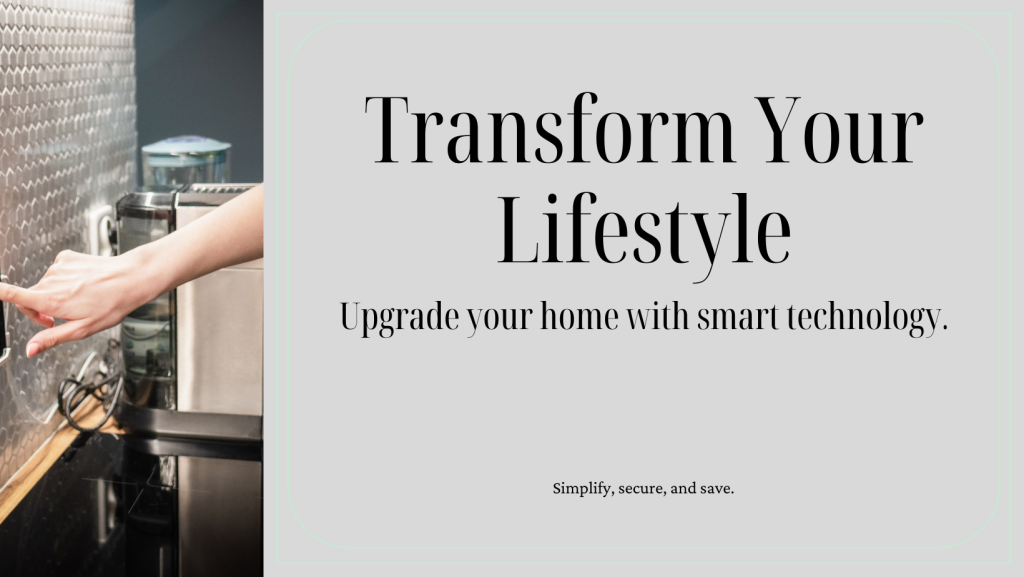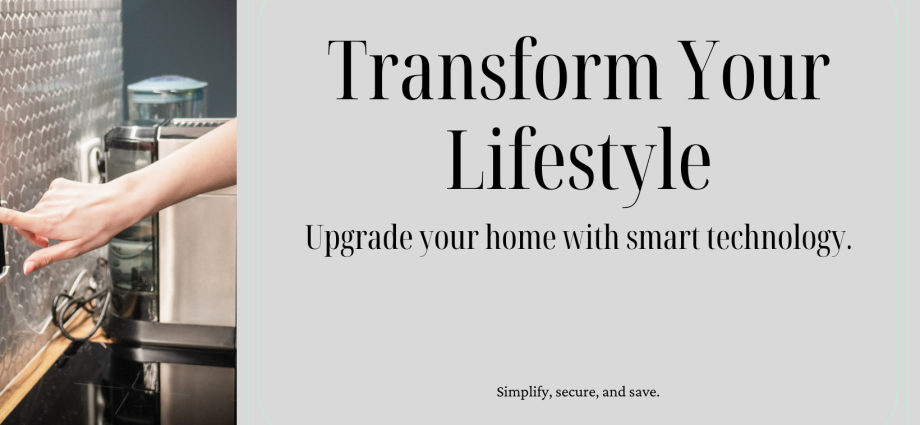For homeowners worldwide, the introduction of smart home advancements has heralded in a new era of comfort, convenience, and connectivity. Modern technology is changing how we interact with our living areas and improving our quality of life overall, from automated systems to intelligent appliances.
The capacity of smart homes to simplify daily chores and routines is one of their primary characteristics. Homeowners can save time and costs by automating tasks and monitoring their houses’ energy consumption using smart appliances like stoves, refrigerators, and washing machines. Furthermore, voice control of a variety of products and services is made possible by smart assistants like Google Assistant and Amazon Alexa, offering a hands-free and simple user experience.
Smart home solutions prioritize energy economy and sustainability in addition to convenience. Smart thermostats, solar panels, and energy-efficient lighting systems all assist homes in cutting down on their environmental impact and electricity costs. Through the optimization of energy consumption and resource management, eco-friendly and sustainable living is enhanced by smart home technologies.
Additionally, by giving homeowners remote access and real-time monitoring, smart home technology improves security and safety. Homeowners can feel secure even while they’re not at their residence because to the complete monitoring and alarm systems offered by motion sensors, doorbell cameras, and smart cameras.
The potential for smart home technology to improve our lives is enormous as it develops and becomes more pervasive in our daily lives. Homeowners can experience increased comfort, convenience, and peace of mind by embracing innovation and implementing smart home solutions. They can also help create a more sustainable and connected future.



Comments are closed, but trackbacks and pingbacks are open.